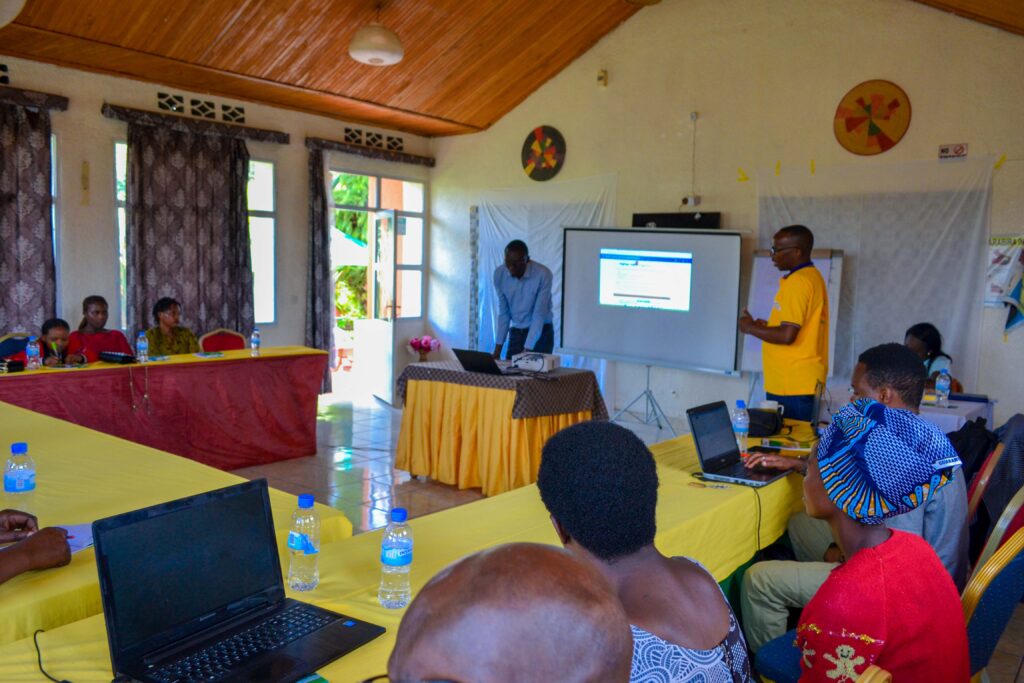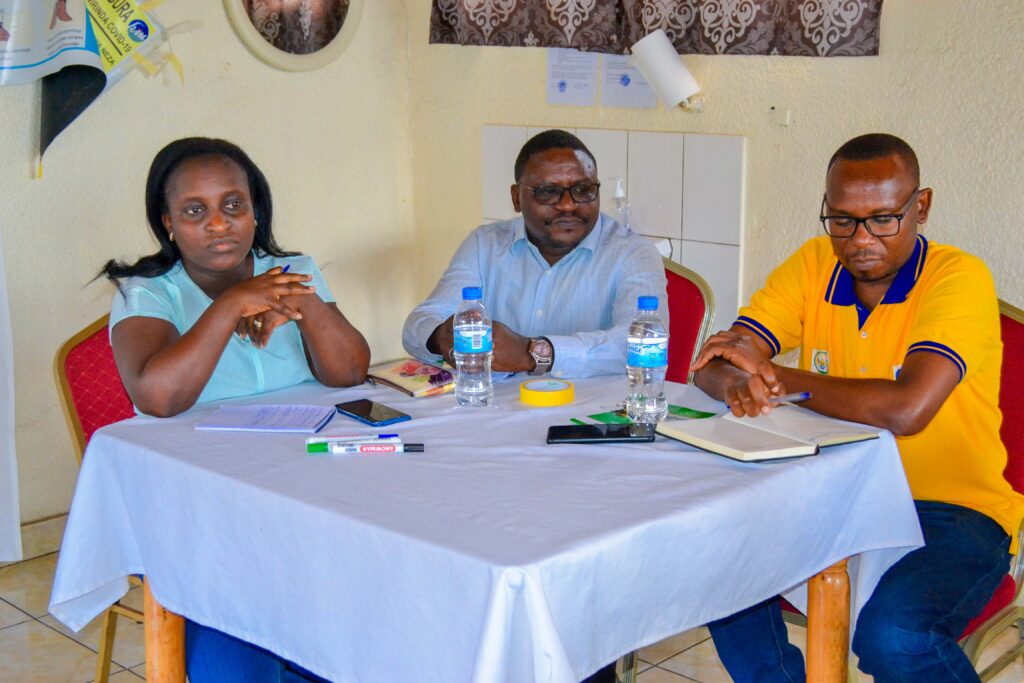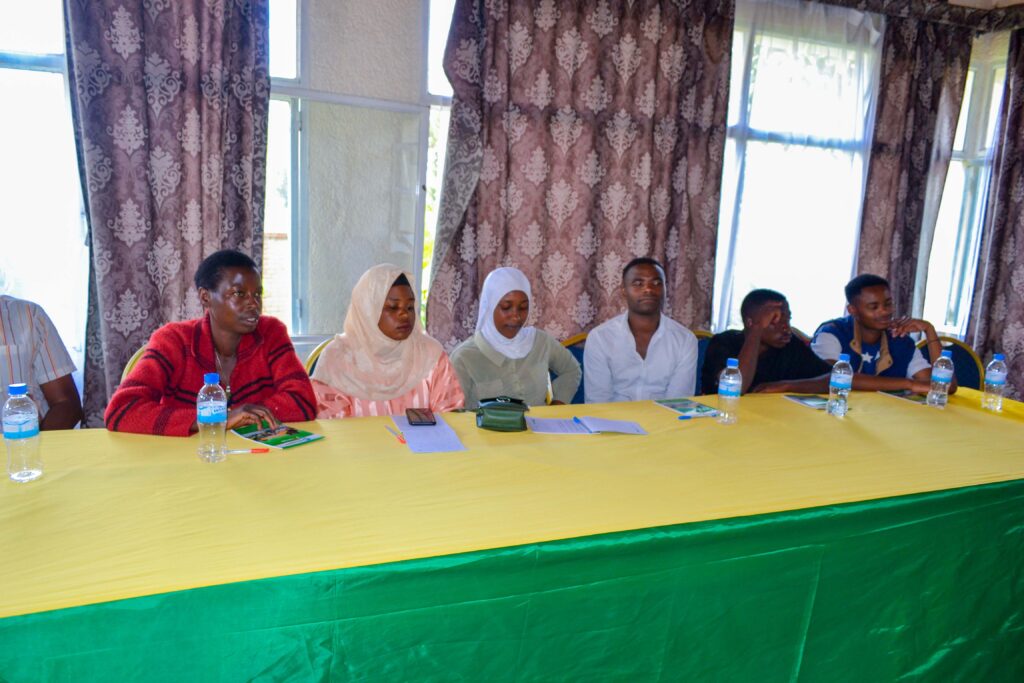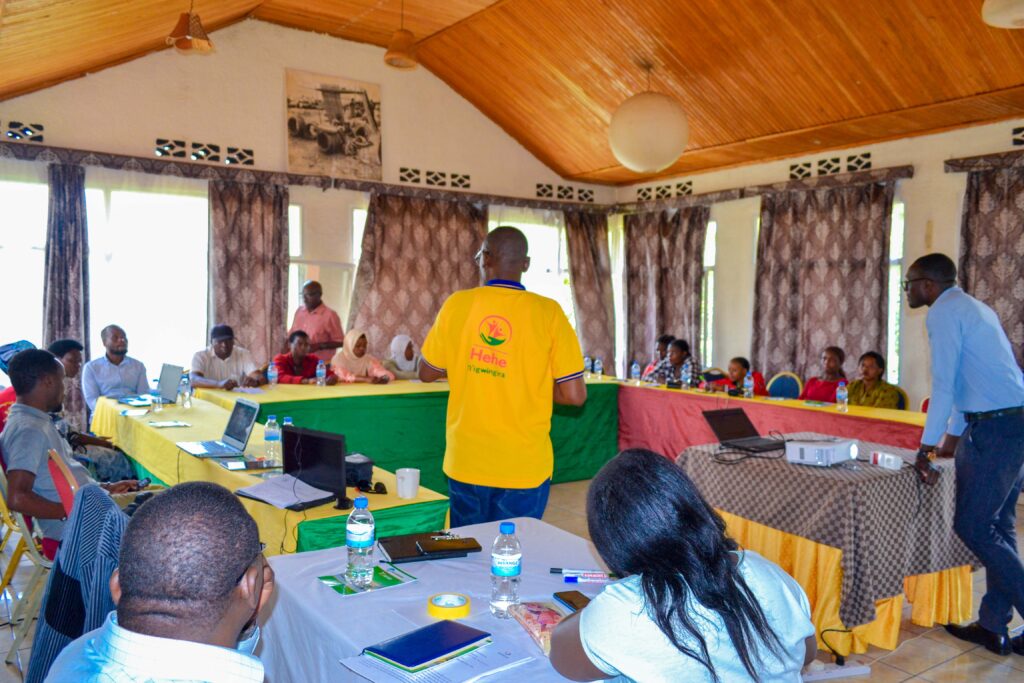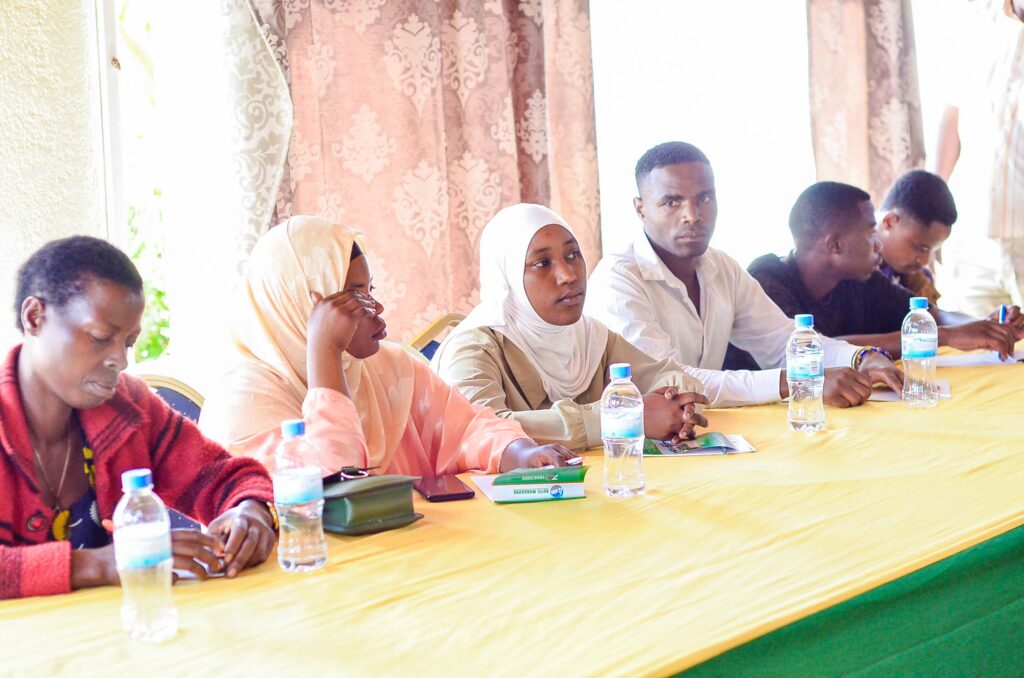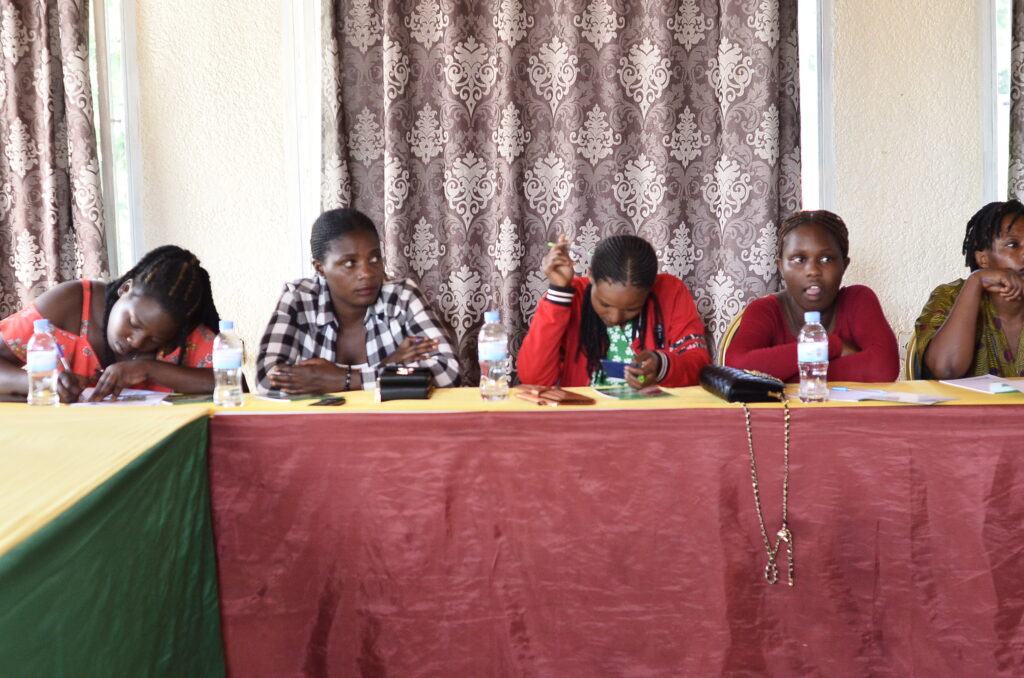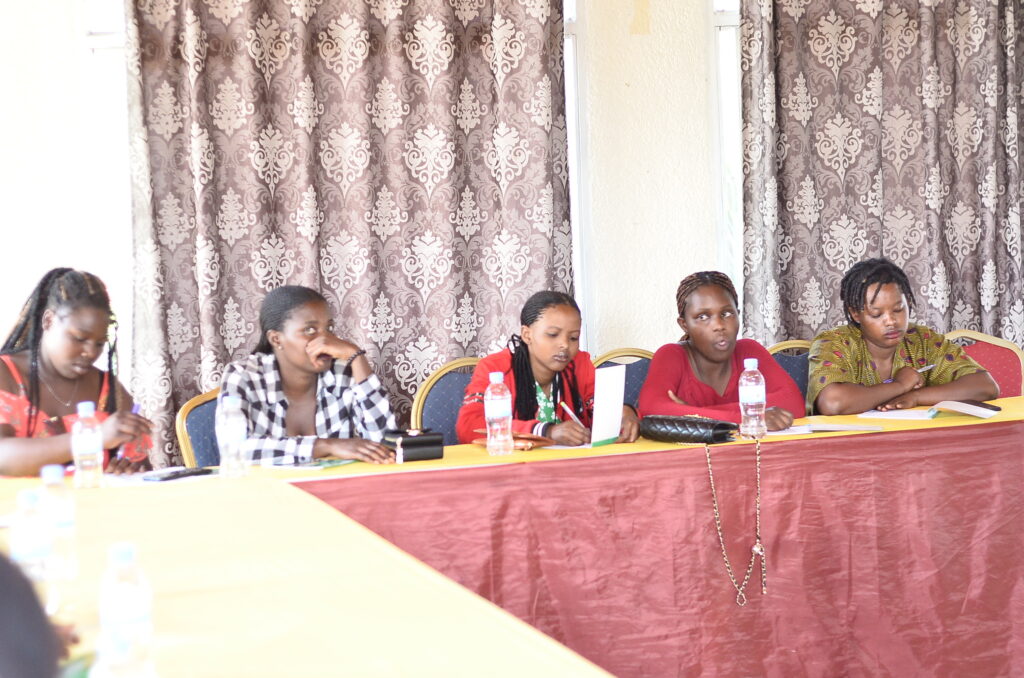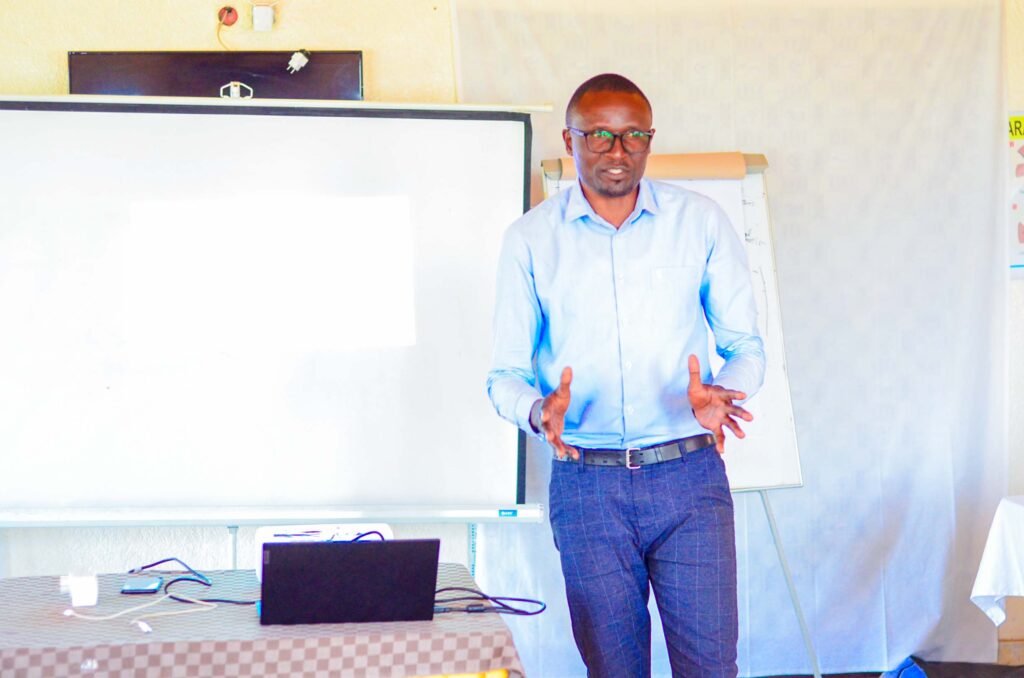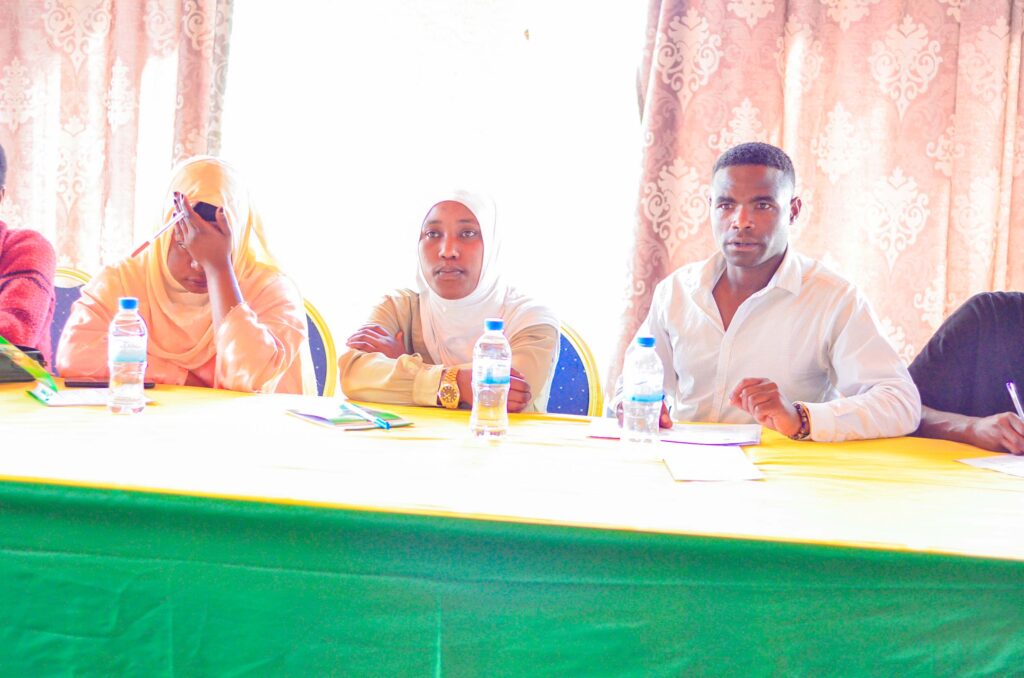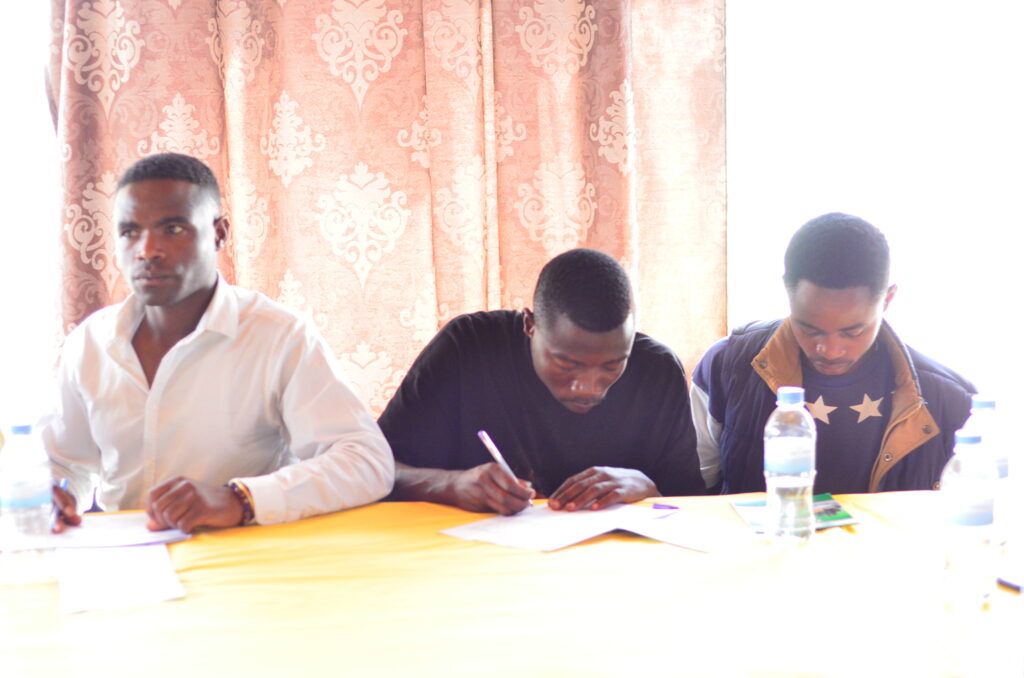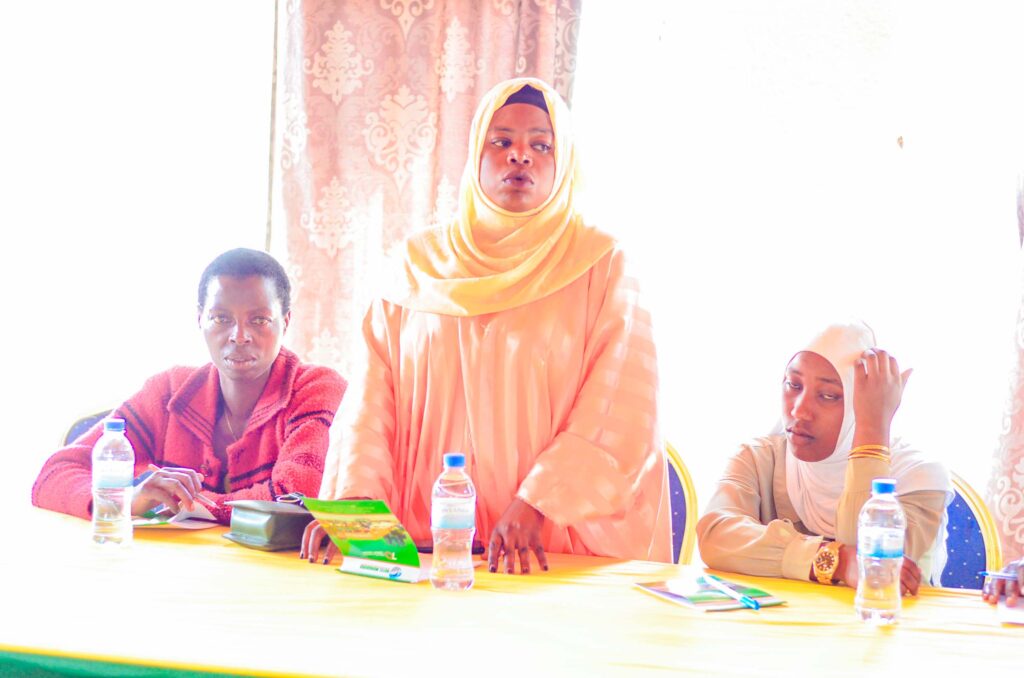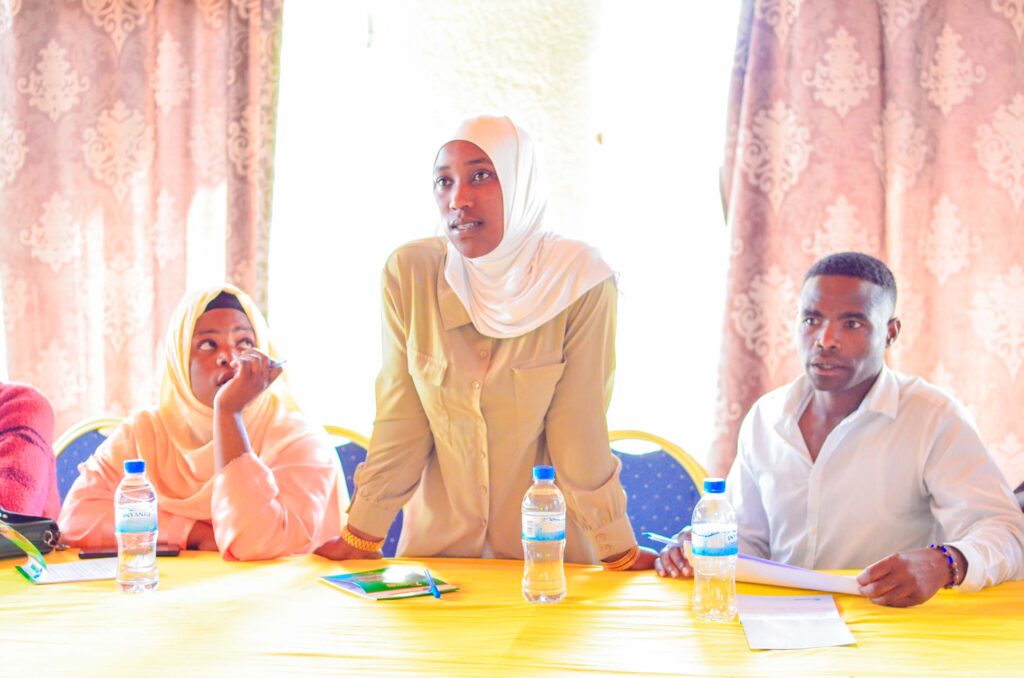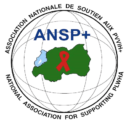Today, 14th March 2024, marks the beginning of an important collaboration between the National Association for Supporting People Living with HIV/AIDS (ANSP+) and the Rwanda Biomedical Center (RBC), supported by the Global Fund. This collaboration aims to enhance community mobilization efforts in the fight against HIV/AIDS and sexually transmitted infections (STIs).
The comprehensive training program launched today includes workshops and training sessions designed to empower key populations and their umbrella organizations. By equipping these groups with knowledge and skills, the initiative seeks to enable them to play a more active role in health promotion and disease prevention within their communities.
The importance of community involvement in the fight against HIV/AIDS and STIs cannot be overstated. Communities are often at the forefront of providing support and care to those affected by these diseases. By empowering key populations and their organizations, we can strengthen the overall response to HIV/AIDS and STIs, ultimately leading to healthier communities and a reduced burden of disease.
Alongside, Bashirijabo Jean Bosco, the health promotion and disease prevention officer at Musanze District and facilitator from Ruhengeri Hospital in this session, they warned participants that “If you’re worried because you think you’ve got an STI, go for a check-up at a sexual health clinic as soon as you can, not having sex, including oral sex, without using a condom until you’ve had a check-up.”
The symptoms of an STI can include; an unusual discharge from the vagina, penis or anus, pain when peeing, lumps or skin growths around the genitals or bottom (anus), a rash, unusual vaginal bleeding, itchy genitals or anus, blisters and sores around your genitals or anus, warts around your genitals or anus, warts in your mouth or throat, but this is very rare.
This initiative is a testament to the commitment of ANSP+, RBC, and the Global Fund to work collaboratively towards the goal of ending the HIV/AIDS epidemic.
